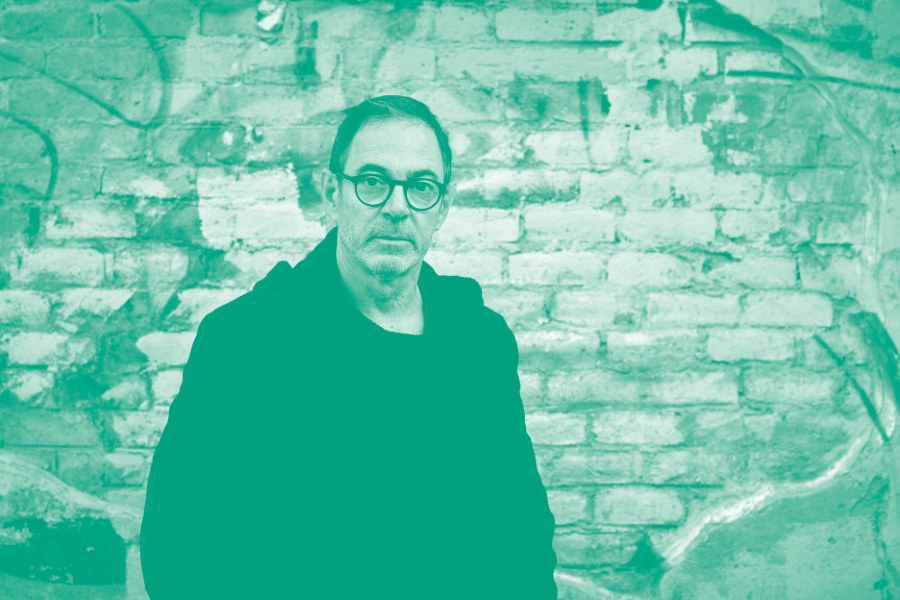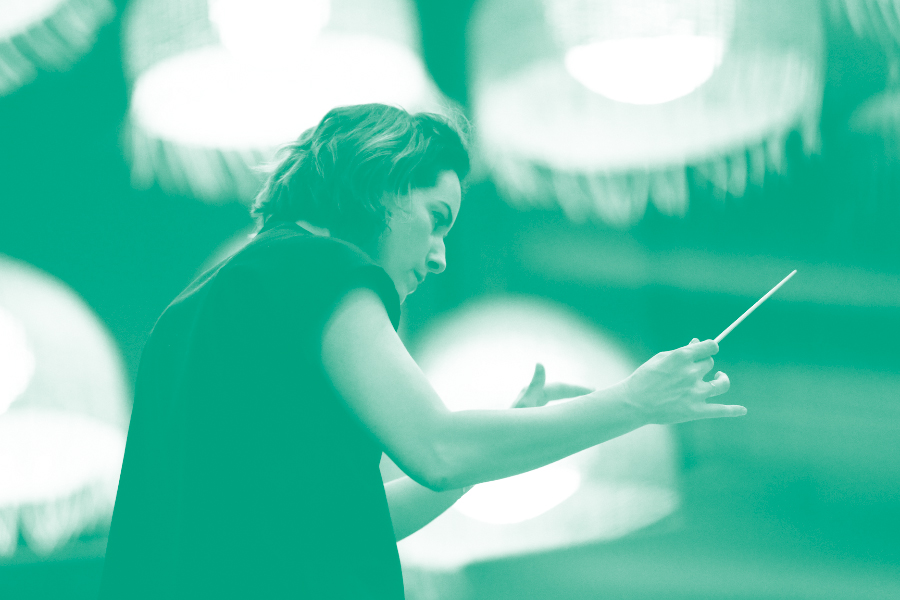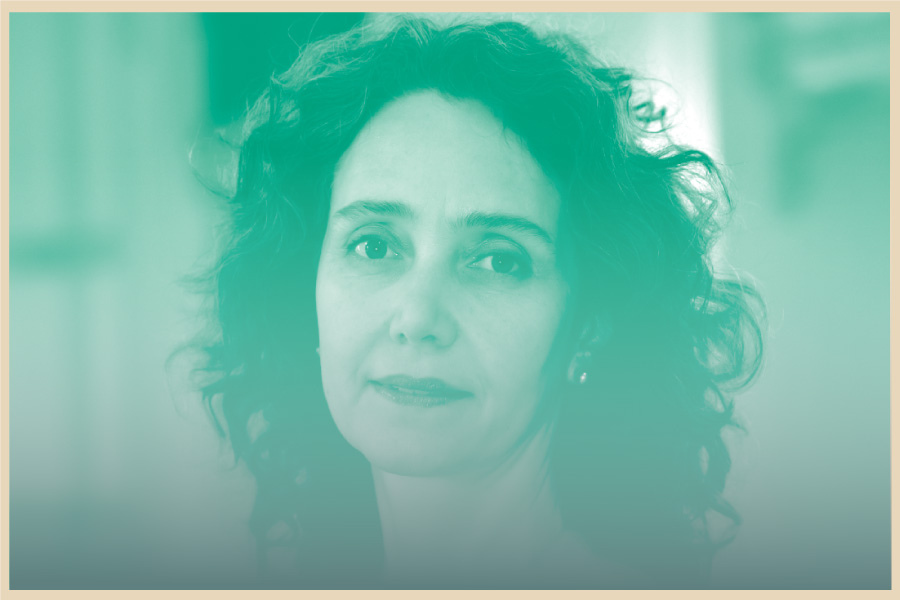Eliane Parreiras: “Women in leadership positions have a lot to contribute to management and leadership innovations”
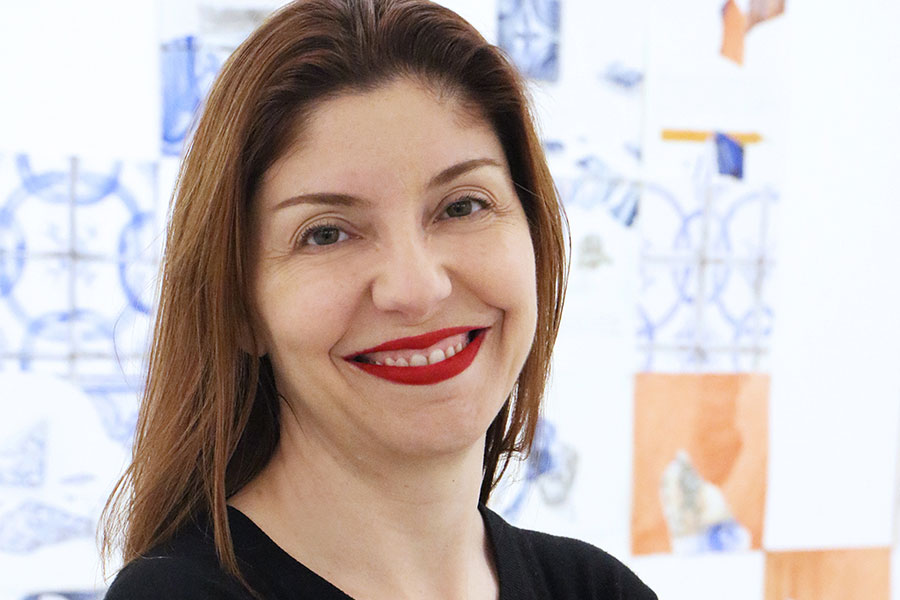
Interview Eliane Parreiras, President of the Fundação Clóvis Salgado FCS
How is organizing Fundação Clóvis Salgado for the reopening of the theater when sanitary measures allow it?
Given the changes in social behavior that the pandemic imposes, this is perhaps the time when it is most necessary to reinvent the arts and culture. Immediately, there is an immediate preparation to resume activities, which focuses mainly on the health and safety of artists, technicians and the public. We are working on a Resumption Protocol – in collaboration with the government of the State of Minas Gerais and numerous national institutions – that will define the procedures to resume activities. In addition, we are also dedicating ourselves to evaluating and reorganizing in a comprehensive way the artistic programming of our cultural spaces and also accelerating our program Cultural Mediation, which is related to the digital universe. Through the provision of artistic content and training in the virtual environment, the democratization of access, the decentralization of content and the formation of new audiences are expanded. These are new ways of engaging with the public that will definitely become part of our activities after the pandemic.
What do you think is the role of women in managerial positions in the cultural world?
Unfortunately, gender inequality still persists and creates obstacles for women in the labor market. Issues such as equal pay, maternity, harassment and double working hours are still present in our society and are challenges for a greater representation of women in managerial positions. In the area of Culture, this scenario is a little better, with a greater representation of women, but there are still important and necessary spaces to conquer in the artistic field. At the FCS, all management positions are held by women, and in developing public policy on culture we have endeavored to act to reduce differences and rethink gender insertions and relations. The Foundation has been developing its activities to reaffirm the importance and power of the creations of women artists and to strengthen the presence of women artists and managers in all positions in the cultural production chain, seeking to create and guarantee opportunities for women in this field. . All of us – but especially women – must strengthen the opportunities and recognition of other women in management. We believe that women in leadership positions have much to contribute with their skills, abilities and creativity to innovations in management and leadership.
The history of the foundation begins with the administration of the Great Gallery of the Palácio das Artes. How does a gallery become a cultural center with extensive programming? How has the palace’s programming changed since it opened in 1970?
Fundação Clóvis Salgado (FCS) has been developing cultural production, exhibition and training activities for 50 years and has APPA Arte y Cultura as a collaborator in the management of its projects. The FCS is the manager of the Palácio das Artes, an important cultural complex of 18 thousand m2, located in a privileged area in the center of Belo Horizonte, capital of Minas Gerais, surrounded by a vast green area – the Américo Renné Giannetti Municipal Park . His works were commissioned by the then mayor Juscelino Kubitscheck de Oliveira to the renowned Brazilian architect Oscar Niemeyer. The space was idealized to be the Municipal Theater of the capital, integrating a center of multiple culture. Throughout 50 years of operation, the Fundação Clóvis Salgado has become unique in its performance by offering extensive cultural programming in its spaces, as well as being an important center for artistic production and cultural and artistic training in Minas Gerais. In 1970, with the inauguration of the Alberto da Veiga Guignard Grand Gallery, the construction works of the Palácio das Artes continued for the constitution of a cultural complex, with theaters, cinemas, galleries, cafes and studios for artistic bodies. Currently, they operate, with a rich and diverse programming: the Gran Teatro Cemig Palácio das Artes, with 1.7 thousand seats, in which the biggest names in theater, opera and dance, with erudite and popular rhythms have already been presented; the João Ceschiatti theater; the Juvenal Dias room; the Humberto Mauro cinema and, in addition to the Grand Gallery, five exhibition spaces: the Arlinda Corrêa Lima and Genesco Murta Galleries, the Mari Stella Tristão space, the PQNA Pedro Moraleida Gallery and the Amílcar de Castro Open Gallery; the João Etienne Filho Media Library and the Café Palácio das Artes.
Since its creation, the Palácio das Artes has been one of the main opera producing centers in the country. The FCS also manages three artistic bodies: the Minas Gerais Symphony Orchestra, the Minas Gerais Lyric Choir and the Palácio das Artes Dance Company. To support operatic productions, it has the Raúl Belém Machado Technical Production Center, responsible for the production, storage and management of the entire collection of its operatic productions. The artistic bodies also offer seasons of symphonic concerts, lyrical concerts, symphonic concerts with popular music, and seasons of dance and joint performances. The Foundation is also the manager of the Centro de Formação Artística e Tecnológica – Cefart, where artistic training classes are taught in the areas of music, singing, theater, dance, performing technology and visual arts, with more than 2,300 students in 2019. Being linked to the Secretary of State for Culture and Tourism of Minas Gerais, the FCS is responsible for managing two other cultural spaces in the city: Serraria Souza Pinto and Câmara Sete – Minas Gerais Photography House. The activities of the FCS directly impact about 600 thousand people a year.
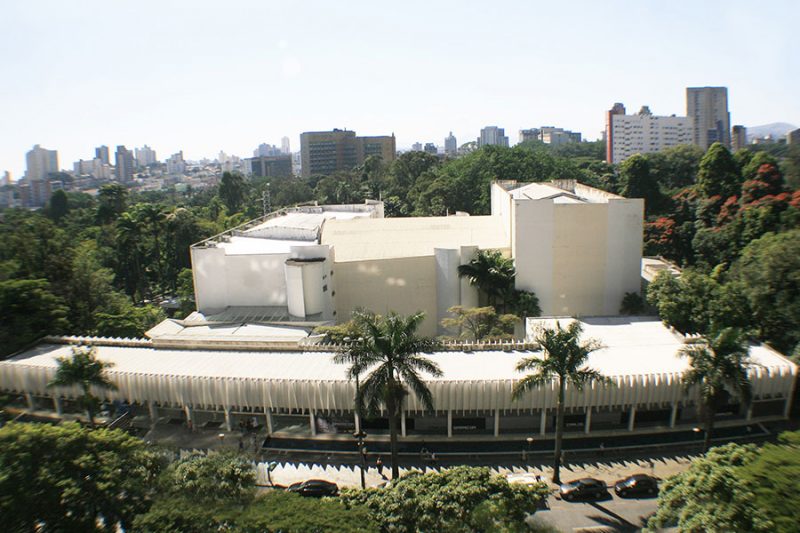
What is Fundação Clovis Salgado’s programmatic line and like how is it projected into the future?
Fundação Clóvis Salgado operates with a wide cultural and artistic offer, oriented towards the balance between tradition and contemporaneity and the diversity of languages, aesthetics and themes. With multiple cultural spaces, the FCS offers an intense program of operas and symphonic and lyrical concerts, cinema, visual arts, photography, theater, dance, music, literature and artistic training, among others. This multiplicity of activities attracts a diverse and heterogeneous audience. Its programming is aimed at audience formation and reflections and debates on artistic trends, art, culture and contemporaneity. The FCS programming is curated by a multidisciplinary team from the Cultural Directorate, made up of teachers, conductors, artists and cultural specialists from different areas.
Upon reaching 50 years in 2020, the FCS accelerates the integration processes between areas and languages to develop its programming and accelerates its Cultural Mediation program. During this period important steps were taken towards the digital universe, such as the #palacioemsuacompanhia project, which connects artists from Cefart’s artistic bodies, teachers, students and the public, through the digital media Instagram, Facebook and YouTube. It is an initiative that deepens the involvement of its audience and society, offering numerous possibilities to present these artists in groups, solos, duos or trios, as well as offering content and critical mediation.
Other important areas of the Foundation are artistic training and audience development. In turn, they have a technical training center, a children’s choir and extension activities. What can you tell us about the work you do in these areas and the impact they have had?
Artistic training is one of the pillars of the Fundação Clóvis Salgado, especially through Cefart, a center of reference in artistic training. Cefart has a wide and innovative Pedagogical Program to professionalize and insert young talents in the cultural and artistic labor market. Diverse cultural training opportunities are offered, free of charge and through democratic access, through Technical, Regular and Extension Courses, with great social repercussion. In 2019, more than 2,300 registrations were made, in an enriching training process.
One of the most valuable aspects of this training is the possibility of the individual and collective practical experience of the students in the professional spaces of the Palácio das Artes, where one of the units of the courses is located. Students also have the opportunity to perform and participate in the professional assemblies of the institution. There are countless possibilities for activities for students, throughout an extensive annual calendar. To stimulate the practice of artistic creation, youth groups were created, such as the Big Band Cefart, Youth Orchestra, Symphonic Band, Children’s Choir and Groups Choro, in which more than 200 students participate, in addition to research projects and various artistic presentations in the areas of theater, dance, visual arts and stage technology.
Recently, due to the pandemic caused by the Coronavirus, Cefart has expanded the virtual offer of cultural training content. The FCS also develops an extensive Cultural Mediation program made up of content mediation and critical mediation programs and projects, offering content on other platforms and generating reflection on the production offered.
Is there a project or something in particular that you want to tell us about the theater that we did not consider in the interview?
In times of uncertainty such as those we currently live in, there is no doubt that collective effort is always the best option. The workers and artists of the Fundação Clóvis Salgado are at home, taking proper care of themselves as required for coronavirus prevention, in a joint effort to provide the best service to the public. All Foundation events are temporarily interrupted, but we do not stop doing what we love the most: Art and culture! Thus, through #palacioemsuacompanhia, we bring the cultural diversity of the Palácio das Artes to the comfort of homes to continue offering our audience the art of Cefart’s artistic bodies, teachers and students. We value and respect artists, professionals who are so important and essential to the world – more than ever in this moment of social isolation.
We are now reorganizing to celebrate 50 years of FCS and 50 years of Palácio das Artes, integrated into a large network in Latin America, made up of those whose mission is to preserve and spread art and culture – our world heritage.



